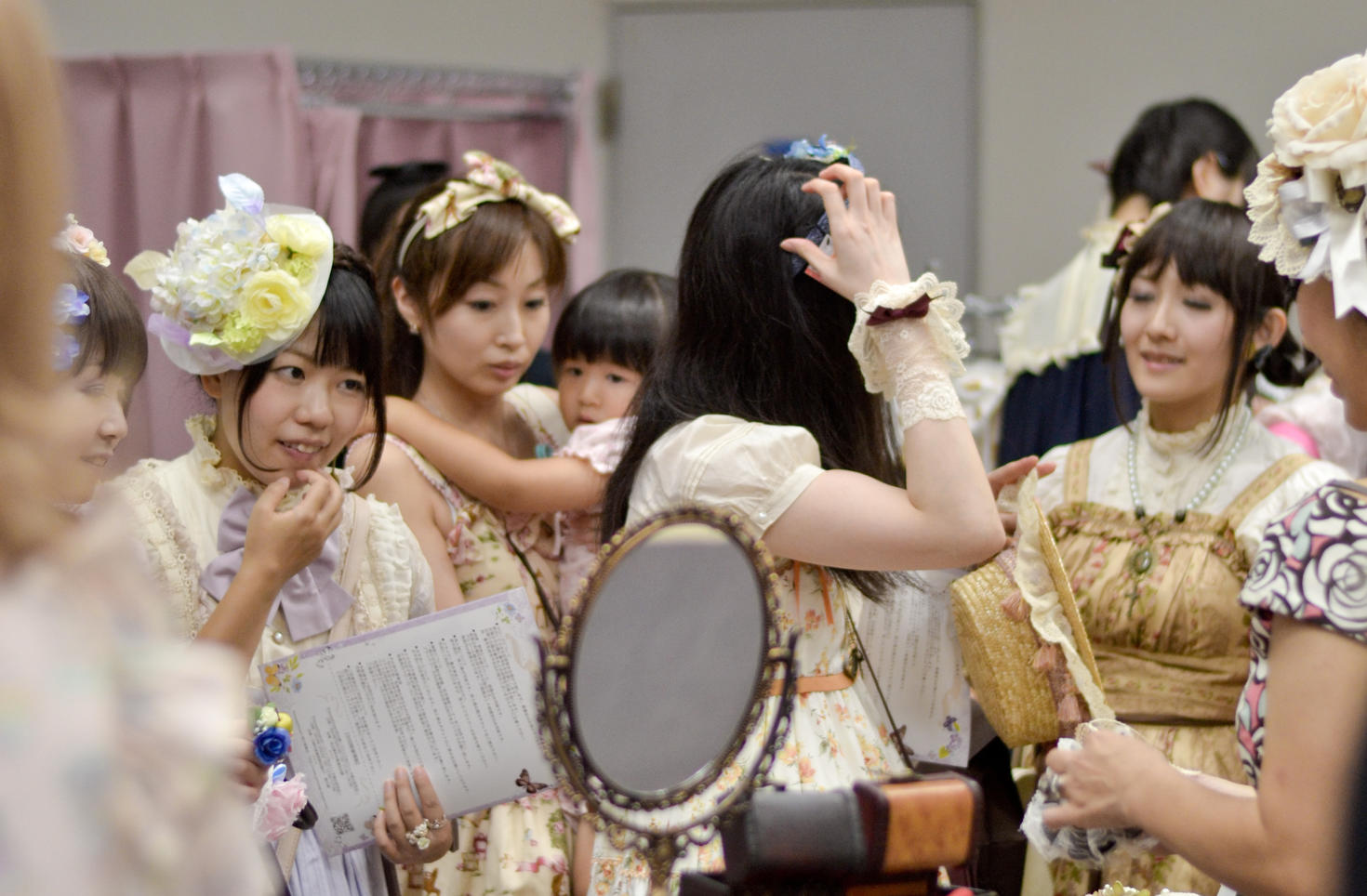Study human life and contemporary problems.
Anthropologists study how humans think, behave, and experience the world around them. The science of anthropology uses methods such as fieldwork and ethnography to learn about human beings in different times and places. Our unit specializes in sociocultural anthropology of the contemporary. For example:
- How do people experience being an immigrant or being online? Going to church or living through a war?
- What are the stories they tell?
- And what do they actually do?
Anthropologists’ research projects change with the world, making sociocultural anthropology one of the fastest growing, most exciting areas of inquiry in the human sciences.
- Everyone wants to know what makes people tick, and that’s what anthropologists figure out.
The undergraduate program in Anthropology provides a well-rounded base for careers which demand insight into human experience and behaviour in all their diverse cultural forms.
Why choose the School of Sociological and Anthropological Studies
Anthropology at uOttawa is a one-of-a-kind department in the Faculty of Social Sciences. Students start immersive, experiential learning in their first year. They enjoy small, intellectually inspiring seminars with the close attention of award-winning faculty and the advantages of a vast research university. Ours is a close-knit space that is animated by an active student community alongside dynamic professors’ labs, workshops, and talks by visiting scholars and practitioners. The School offers a distinctive and innovative approach to inquiry in both French and English.
The program gives students skills in empirical research methods:
- Observation
- Participant-observation
- Interviewing
- Archival and documentary research
as well as those of analysis, concept work, and writing that allow them to turn their experiences into knowledge.
Our specialized program in sociocultural anthropology prepares students for careers addressing health, the environment, and information technologies, from the internet to AI; and problems brought by globalization, climate change, poverty and development, and migration.
Part of your learning experience
Anthropologists are area specialists, because fieldwork requires extensive linguistic, historical, and cultural knowledge.
- Our faculty are experts in Argentina, Bosnia, Brazil, Cameroon, Canada, Chile, Democratic Republic of the Congo, France, Guatemala, Indonesia, Japan, Lebanon, Philippines, South Africa, Taiwan, and the United States.
Students do research all over the world. The program offers opportunities to develop in-depth knowledge of major world regions through coursework, which can be complemented by international field research courses, exchanges, and internships, as well as language instruction at the university.
In the Honours program, a capstone practicum course offers guidance in independent research. In this one-term practicum, you have the opportunity to design, conduct, and analyze results from your own research project. Research laboratories – Planthro Lab, Research Centre for the Future of Cities, Humanimal Lab, Taiwan Studies Research Chair and the Media Anthropology Collaboratory (CAM/MAC) – facilitate collaborative research with professors and students across campus.











